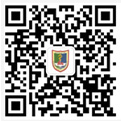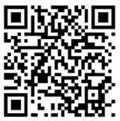Medical microbiology, the large subset of microbiology that is applied to medicine, is a branch of medical science concerned with prevention, diagnosis and treatment of infectious diseases concerning microorganisms. Our Medical Microbiology course will introduce the basic principles and then attempt to apply clinical relevance in three segments of the academic preparation for physicians: bacteriology, mycology, and virology. This rigorous course includes many etiological agents responsible for global infectious diseases.
The students will learn about the infectious diseases, their etiology and clinical manifestation, routes of transmission, treatment and techniques in detection and identification of pathogenic microorganisms. The course investigates microbial diseases of the skin, digestive tract, respiratory, urinary, reproductive, nervous and cardiovascular systems. The practical sessions of the course focuses on the isolation and identification procedures of pathogenic microorganisms in clinical samples and their antibiotic susceptibility, etc. The whole course will be presented as lectures by different microbiologists, covering the main learning objectives for each chapter and supplemented with online quizzes, small group discussion of clinical cases and correlations and clinical diagnostic exercises. Each section of the course will focus on clinical cases tailored for the student’s heightened understanding of pertinent topics of specific microbes. The students will be assessed via continual assessment and formal paper examinations and practical examinations. Through this approach, students will develop the knowledge, specialist practical skills and critical awareness needed to pursue a career in medical microbiology.



